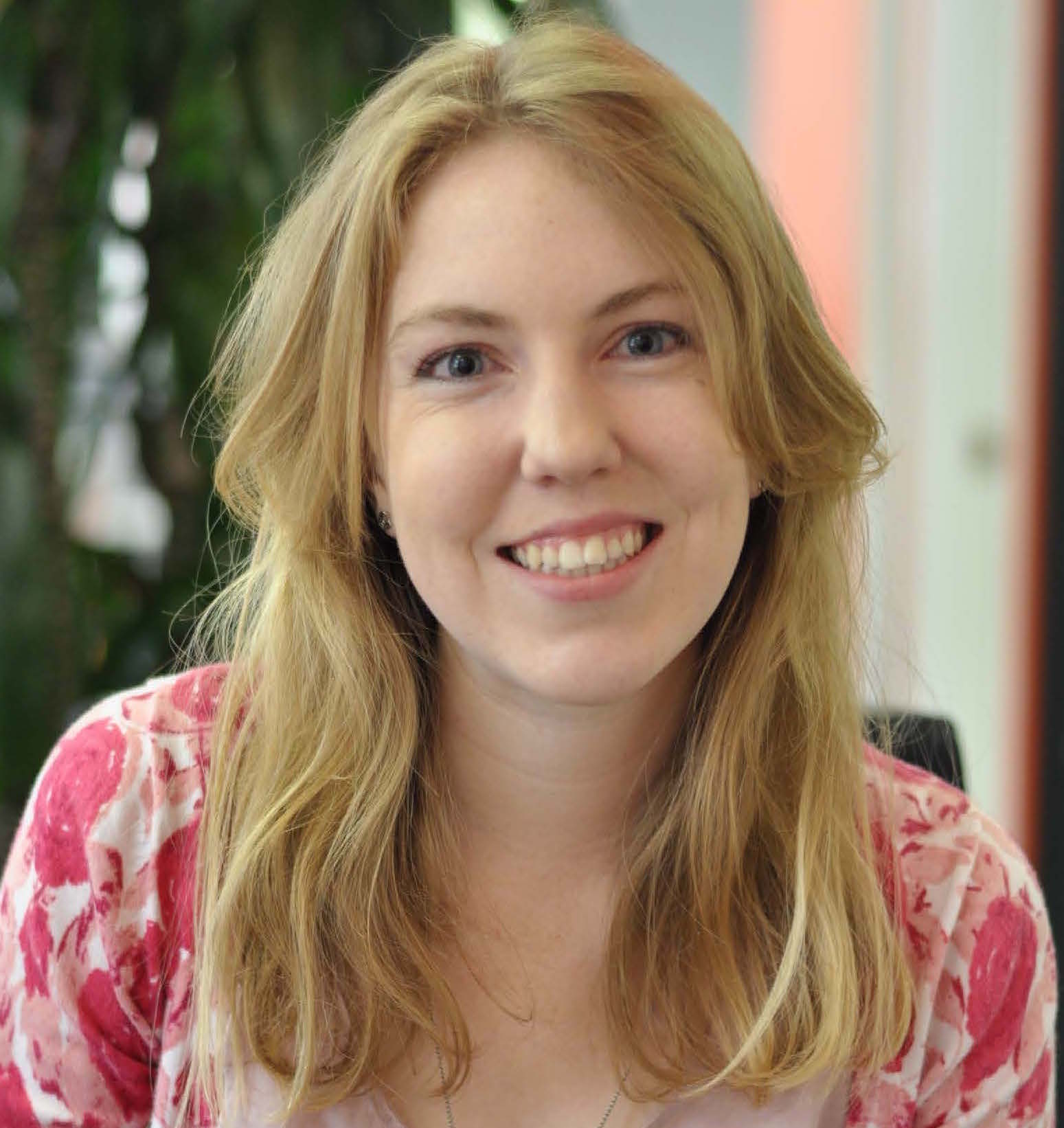If you don’t have a lab mentor, you should find one—at least according to three former scientists here at Quartzy. To clarify, this isn’t any ole PI or boss. This is someone who will help you grow, be there for you to vet ideas, provide feedback, offer career advice, and lend supportive expertise to keep you from banging your head against the wall (or lab bench) when you’re stuck on your own.
After speaking with Quartzy team members Matt, Melissa, and Nicole (all of whom have experience in academia, industry or both), it became clear that positive lab culture stems from healthy communication and transparent knowledge sharing. And the best lab environments offer opportunities to connect with mentors.
“My lab was very multigenerational,” Matt says, recalling the pharmaceutical lab where he researched. “It was nice because there was lots of information sharing. Institutional knowledge was valuable, too. We could discuss ideas with one another and see a big picture.”
While Matt’s lab was ideal, it wasn’t necessarily the norm. Many labs are notoriously competitive, leading to combative cultures and guarded relationships that hinder personal and collective progress. Matt, Nicole, and Melissa all gratefully commented, however, that they weren’t in internally conflicted labs.
“Good lab culture is an openness and transparency between everyone,” Nicole says. “Unfortunately, though, people like to protect their research. A scientist's worst fear is someone else getting credit for their findings. That’s what makes the life-science space so complicated. I was lucky, though: My lab was like a family.”
But how do labs create that culture of openness and communication? Does it simply depend on the PI?
Melissa, who has experience in both academia and industry, found that the culture of her university lab was formed by her peers rather than her PI. “In college, my PI was hands off. We had to be self-driven,” Melissa says. “The PI discouraged going to him, and wanted us to learn the hard way. He was so far removed that he couldn’t help me, so I collaborated with my peers more.”
Whether driven by a PI or members, any lab can maintain gratifyingly functional culture as long as there is sufficient connectivity forged through communication. But is mutual support and collaboration impossible in labs where some members are introverts, or simply laser focused on research? No, because there is one unifying trait every scientist has: curiosity.
“Lab relationships come out of curiosity, and are nurtured by it,” Nicole says. “It takes some effort for the new person coming in to engage with a senior person, but you just have to reach out.” And those senior members often become mentors, perpetuating the cycle of confirmatory culture.
Matt, Melissa, and Nicole agree that considering culture is key when deciding to join a lab. Doing so not only impacts your happiness within the lab, but also largely determines how much and how quickly you will learn and grow. And if your current lab culture leaves something to be desired, you can positively affect it by volunteering your thoughts and expertise, helping to collaboratively seek solutions, and showing genuine curiosity and interest in other people and their work.
Optimal lab culture often spawns a remarkable relationship: mentor and mentee. After college, Melissa worked in an industrial lab, where she found the senior support she desired. Both she and Nicole cited the mentor/mentee dynamic as one of their lab’s biggest benefits, and felt their general lab culture cultivated the connection. Their mentors’ feedback and invested interest fostered a great work environment and rapid development.
“The thing about science is that it is a continuous learning process,” Nicole says. “Guidance is what can make it amazing. You are navigating into the wild, and your mentor will show you how to fish.”
Quartzy is the world’s No. 1 lab management platform. We help scientists easily organize orders, manage inventory, and save money. We’re free and always will be. Visit Quartzy.com or reach out at info@quartzy.com.
Interested in writing for The Q? Send us an email!
Share this:

Leslie Williams
Leslie studied neuroscience and conducted research at UCLA. She now works with labs to streamline workflows and save money.
